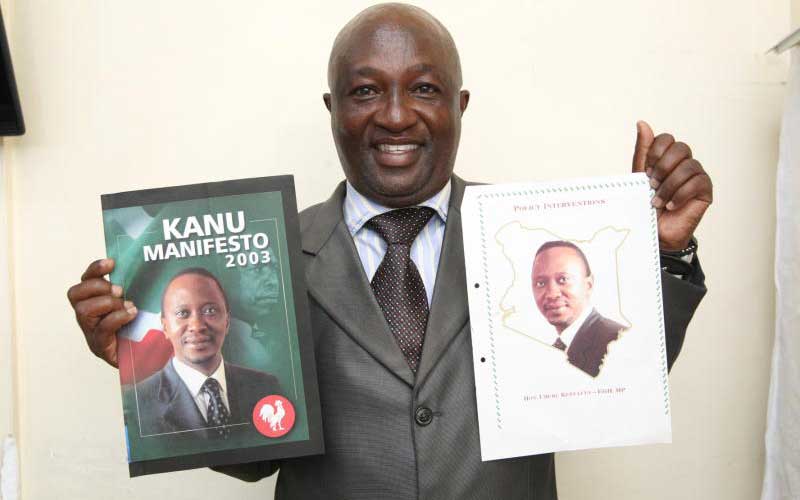×
The Standard e-Paper
Kenya’s Boldest Voice

Kefa Ndung’u during the interview in Nairobi last week. [Jonah Onyango, Standard]
Every time President Uhuru Kenyatta amiably greets a crowd with ‘ndugu zanguni’, an inaudible sigh of dismay escapes the lips of an out-of-work teacher in Thika.